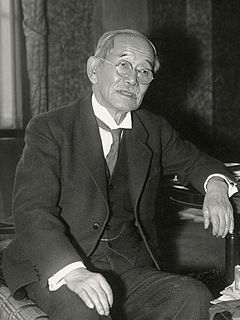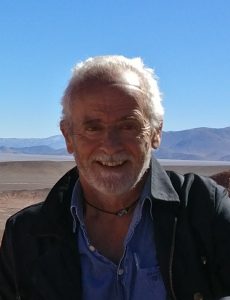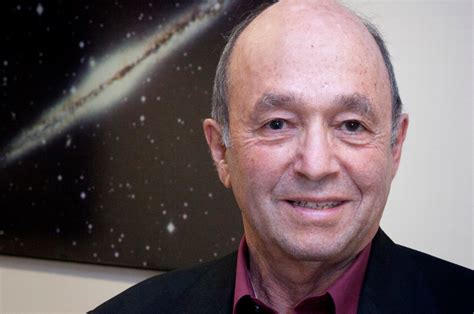A Quote by Elizabeth Blackburn
Biology sometimes reveals its fundamental principles through what may seem at first to be arcane and bizarre.
Related Quotes
In Randori we teach the pupil to act on the fundamental principles of Judo, no matter how physically inferior his opponent may seem to him, and even if by sheer strength he can easily overcome him; because if he acts contrary to principle his opponent will never be convinced of defeat, no matter what brute strength he may have used.
Sciences usually advances by a succession of small steps, through a fog in which even the most keen-sighted explorer can seldom see more than a few paces ahead. Occasionally the fog lifts, an eminence is gained, and a wider stretch of territory can be surveyed-sometimes with startling results. A whole science may then seem to undergo a kaleidoscopic rearrangement, fragments of knowledge sometimes being found to fit together in a hitherto unsuspected manner. Sometimes the shock of readjustment may spread to other sciences; sometimes it may divert the whole current of human thought.
I took biology in high school and didn't like it at all. It was focused on memorization. ... I didn't appreciate that biology also had principles and logic ... [rather than dealing with a] messy thing called life. It just wasn't organized, and I wanted to stick with the nice pristine sciences of chemistry and physics, where everything made sense. I wish I had learned sooner that biology could be fun as well.




































